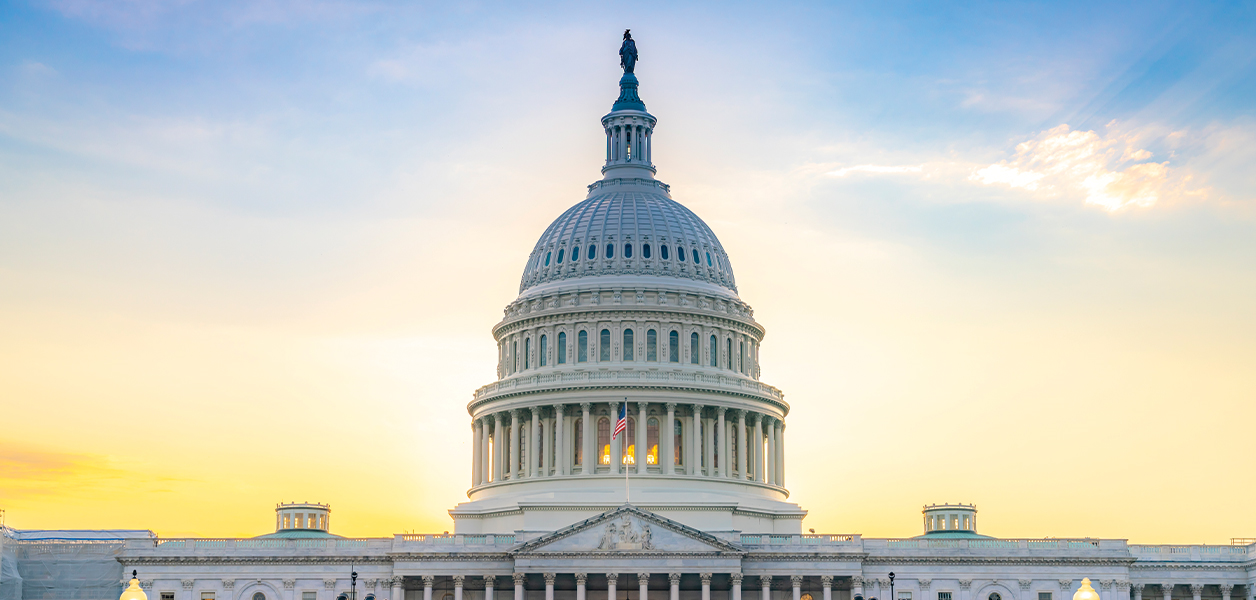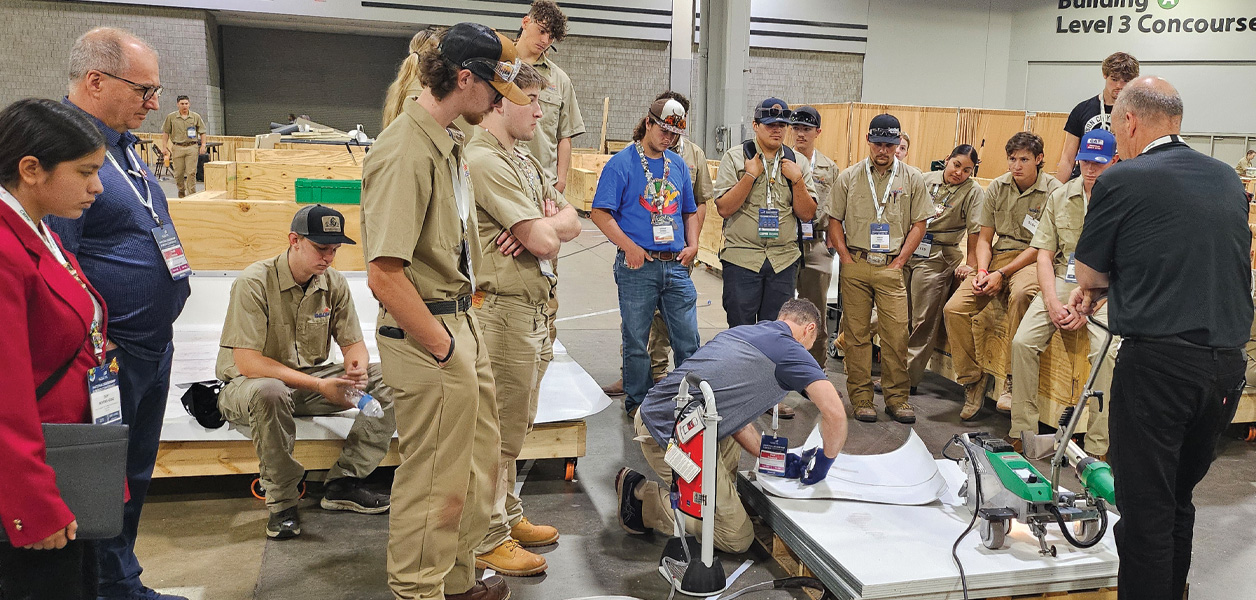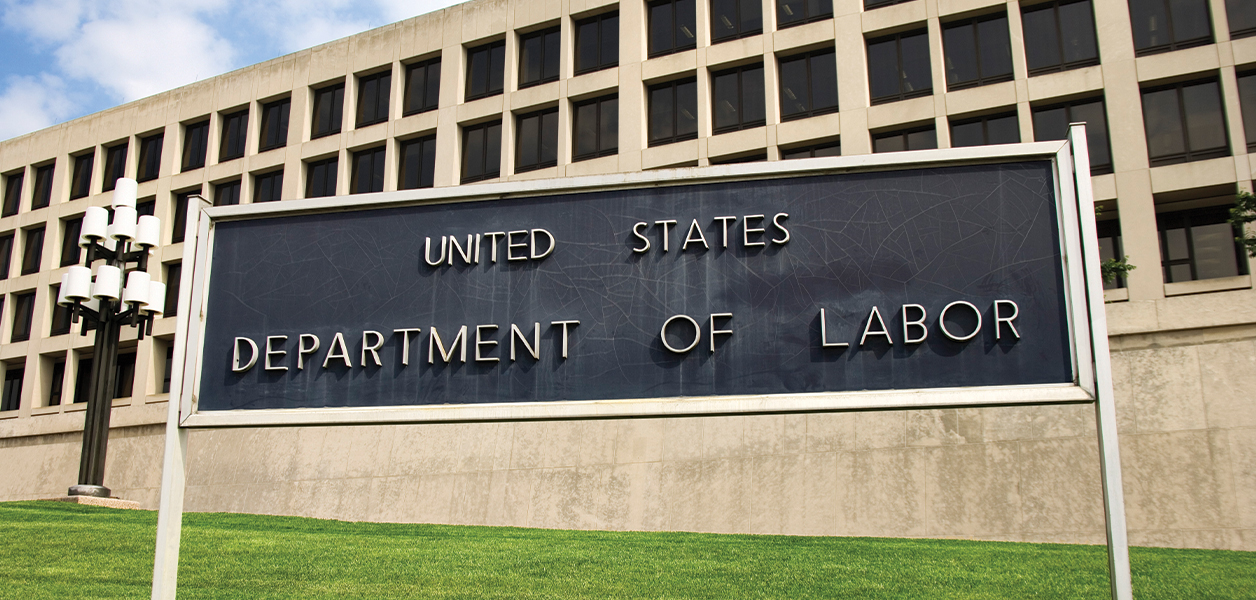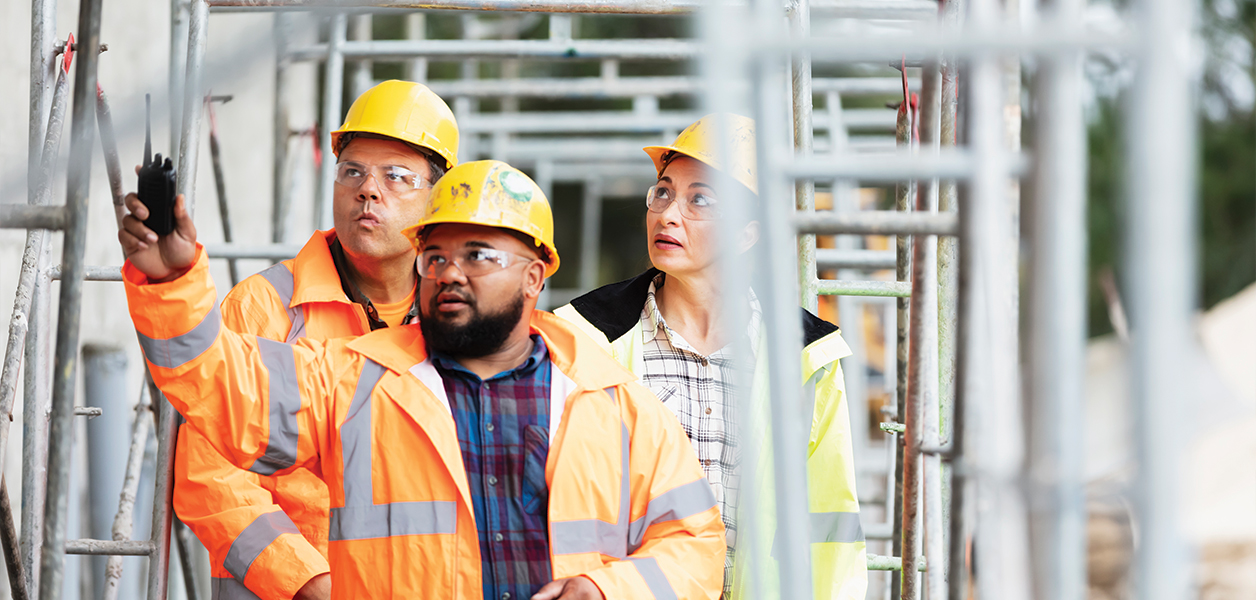NRCA urges support for the Tax Relief for American Families and Workers Act
On July 29, Majority Leader Chuck Schumer (D-N.Y.) scheduled a procedural vote on the bipartisan Tax Relief for American Families and Workers Act (H.R. 7024), which passed the House earlier this year. The bill includes key provisions of importance to the roofing industry, such as the restoration of research and development expensing (Roofing Day Advocacy Issue), interest deductibility, 100% bonus depreciation for qualified property and increased small-business expensing.
NRCA sent a statement supporting swift passage of this legislation, but unfortunately, the Senate failed to garner the 60 votes required to move forward with consideration of the bill at this time. This was the last action Congress took before heading back to their districts until after Labor Day.
The package had previously been at a standstill as the senators have expressed concerns with the overall process of bill consideration and how the Child Tax Credit is structured related to retroactivity and refundability.
Oversight hearing regarding OSHA’s regulatory and enforcement actions
On July 24, the Subcommittee on Workforce Protections of the House Committee on Education and the Workforce held an oversight hearing to review the regulatory and enforcement actions of the Occupational Safety and Health Administration. Rep. Kevin Kiley (R-Calif.), chair of the subcommittee, opened by stating the “purpose of today’s hearing is to encourage a more thoughtful and balanced approach to rulemaking, one marked by factfinding, evidence and humility rather than overreach and ideology.” A panel of witnesses from the private sector provided testimony related to numerous OSHA initiatives, including a proposed rule to establish a new heat illness standard and a recently issued final regulation expanding the use of third-party representatives in workplace safety inspections. Felicia Watson, senior counsel at the law firm Littler Mendelson, which represents NRCA and other groups in the Construction Industry Safety Coalition, criticized OSHA regulations for being too prescriptive and not providing sufficient flexibility to allow employers to implement the strategies without excessive paperwork burdens. Jordan Barab, the No. 2 OSHA official during the Obama administration, defended OSHA regulations as being necessary to protect workers from “bad actor” employers.
NLRB issues rule regarding union elections
On July 26, the National Labor Relations Board issued a final rule, Fair Choice-Employee Voice, which restores three key policies it claims provide workers with a fair opportunity to decide whether they wish to have union representation in their workplace. The final rule rescinds changes made in 2020 to union election regulations related to blocking charges, voluntary recognition and construction industry bargaining relationships. Specifically, the rule grants full parity between unions in the construction industry and other unions with respect to workplace protections under the National Labor Relations Act. The final rule’s effective date is Sept. 30, and the rule will only be applied to cases filed after the effective date.





